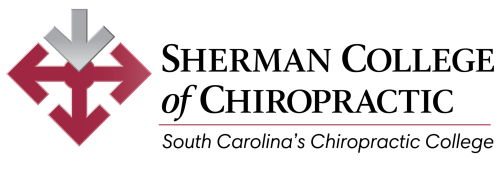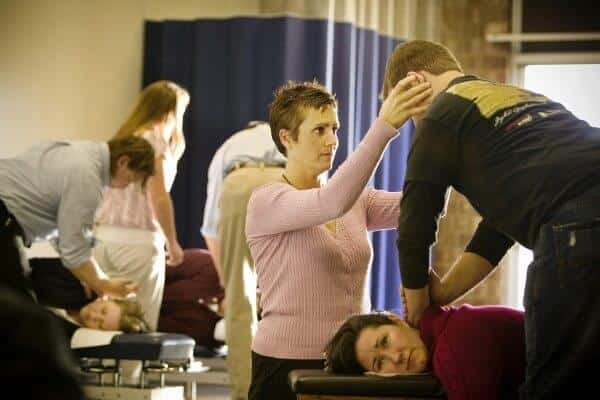The Unexpected Crisis
A Nation Getting Sicker Despite Advancements
Developed countries face an unexpected crisis: rising rates of obesity, hypertension, cancer, and other chronic diseases. While many children around the world still struggle for food and shelter, about one-third of American children are overweight or obese. In 2013 alone, over 1.6 million new cancer cases were diagnosed in the U.S. Despite decades of medical breakthroughs, our overall health continues to decline—largely due to poor lifestyle choices.
The Confusion Around “Healthy Living”
A major problem is confusion about what it means to live a healthy life. Health is deeply personal and often subjective. People describe being healthy as feeling energetic and strong, and unhealthy as feeling sluggish or weak. But what if someone has no pain or illness yet still feels unwell? Many physicians focus on diagnosing diseases rather than improving overall wellness, leaving gaps in care.
Where Modern Medicine Falls Short
True health goes beyond the absence of disease. It includes physical, mental, emotional, and even spiritual well-being. Someone can be free from ailments yet still unhealthy if their lifestyle isn’t sustainable or fulfilling. Ignoring emotional and spiritual health can eventually lead to physical illness.
Lifestyle: The Root of the Problem
Modern medicine excels at emergency care—treating injuries, infections, and acute conditions. However, it often falls short when it comes to chronic disease prevention and lifestyle management. Instead of addressing root causes, we often rely on medication for quick fixes—blood pressure pills, antidepressants, or cholesterol drugs that sometimes cause more harm than good.
Education Is the Cure
The real obstacle to better health is lifestyle. Many people live sedentary, high-stress lives fueled by processed food and convenience. Fast results and instant gratification outweigh long-term well-being. But no pill can undo years of unhealthy choices. Lasting health requires education, discipline, and a willingness to change.
Choosing a Healthier Future
To build a healthier society, we must become an informed one. The tools are already at our fingertips—accessible information, preventive care, and alternative health options. The challenge is choosing to use them. Better living isn’t always easy or cheap, but it’s worth it. Our collective health depends on daily, conscious decisions to live smarter, move more, and care for our bodies and minds.

